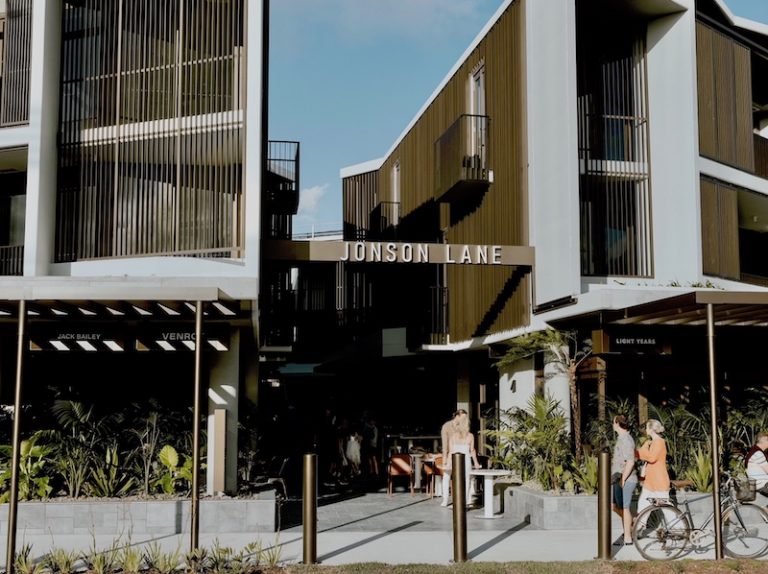Is it worth getting a property manager?

Experts encourage inexperienced commercial investors to enlist property management assistance, even if investors are residential property experts.
This may seem unnecessary as commercial and residential managers do similar work.
However, the two are very different, with commercial managers not only organising rent collection but also dealing with legislation issues, tenancy viability, building maintenance and more.
Why should I employ a commercial property manager?
Investors who choose not to enlist a property manager will definitely struggle with these tasks, according to Antonia Mercorella.
The CEO of the Real Estate Institute of Queensland said the industry could be a minefield for Mum and Dad first-timers and such investors shouldn’t tread this new path on their own.
As well as their day-to-day tasks, property managers must be knowledgeable about specific laws applying to commercial tenancies and have a strong ability to conduct tenant due diligence and negotiate contracts.
“It’s not just about negotiating the rent,” Ms Mercorella said.
“Commercial property managers are equipped to do (all) this because this is what they spend all of their time doing.
“It’s about ensuring you’re putting yourself in the best position possible.”

Commercial property managers’ knowledge and experience can greatly assist inexperienced investors. Picture: Getty
Differences between commercial and residential management
“Commercial property management is pretty similar to residential – it’s just a different regime,” WB Simpson & Son partner, Richard Simpson said.
He explained commercial management was highly regulated compared to that of residential.
“It’s more technical, especially in relation to understanding what’s in the lease and what can and can’t be done,” he said.
“There’s also a lot more negotiations between landlords and tenants, as opposed to residential where it’s more black and white.
“We’re still inspecting properties and still collecting the rent, but the numbers you’re dealing with are usually larger, along with the buildings themselves and how they’re maintained.”
What does a commercial property manager do?
A commercial property manager deals a range of issues for owners including; invoicing and collecting rent and outgoings, specific to the property, managing tenant inquiries regarding property repairs and maintenance, helping investors with their insurance and handing out tenancy notices in accordance with lease legislation, tenancy evacuation inspections including make good details, dealing with disputes between the landlord and tenant plus ensuring property complies with safety measures.
Legislation
These requirements are quite complex and differ from state to state, with retail tenancies, in particular, having explicit rules and regulations, Mr Simpson explained.
“There are significant protections enshrined in legislation specific for retail tenancies, to protect small retail operators,” he said.
“If notices aren’t given at the right time and in the right form, then some of the landlord’s income can be put at risk, or the payment of outgoings or the timing of rent may increase.”
Mr Simpson said an example was if a landlord planned to do something with the property and didn’t give the correct notice to the tenant.
“The tenant then has protection under the laws in most states to be able to continue their tenancy,” he said.
Ms Mercorella said investors without a manager will struggle to understand these legal complexities and meet statutory requirements.
But at the same time, ignorance of legislative obligations was no defence.
“You could face significant penalties if you’re found breaking legislative requirements,” she said.

In the big, wide world of commercial property investment, property managers can be worth their weight in gold. Picture: Getty
Contract negotiations
Property managers are responsible for negotiating and organising every area of a tenancy contract, Ms Mercorella explained.
“There are a bunch of things to think of such as rent reviews, so you want to make sure you’ve got someone who’s negotiating the best possible terms for you,” she said.
“There are also things like negotiating who looks after what in a commercial context, such as repairs and maintenance, and there are all sorts of issues around when the lease ends and the make good provision.
“But property managers know what to ask for.”
Tenancy due diligence
Property managers know what to look for in potential tenants and exactly what due diligence needs to be carried out.
“Managers can look at a tenant’s previous trading history and their financial position to make sure they’re going to have the financial resources to meet the rental obligations under the agreement,” Ms Mercorella said.
“This is a really important risk minimisation strategy and will ensure you’re picking the best tenant for your property.”
Owner and tenant separation
Over-friendly property owner and tenant relationships can make tough decisions even harder, according to Mr Simpson.
“One of the main reasons for getting a property manager is to distance the owner from the tenant so that when difficult decisions need to be made, there’s no emotion involved,” he said.

A good manager can help make difficult decisions between you and your tenant a lot easier. Picture: Getty
How do I find a reliable commercial property manager?
Find an agent who knows the style of property that you want to buy, Ms Mercorella advises.
“Ask agents to give you information about other, comparable properties they manage so you can understand what experience they have,” she said.
“Ask them to explain what they offer and why, and ask ‘Why should I pick you?’ and ‘What are you going to do for me?’
“Also ask what’s included in the fee.”
Mr Simpson added that property managers should have a strong understanding of asset classes including rent and trade levels.
“You want somebody who’s experienced and who knows where projects are going on around the place,” he said.
“I would also ask the property manager to provide referees, or contacts for their clients, so you can ring them and see how the agent works.”







